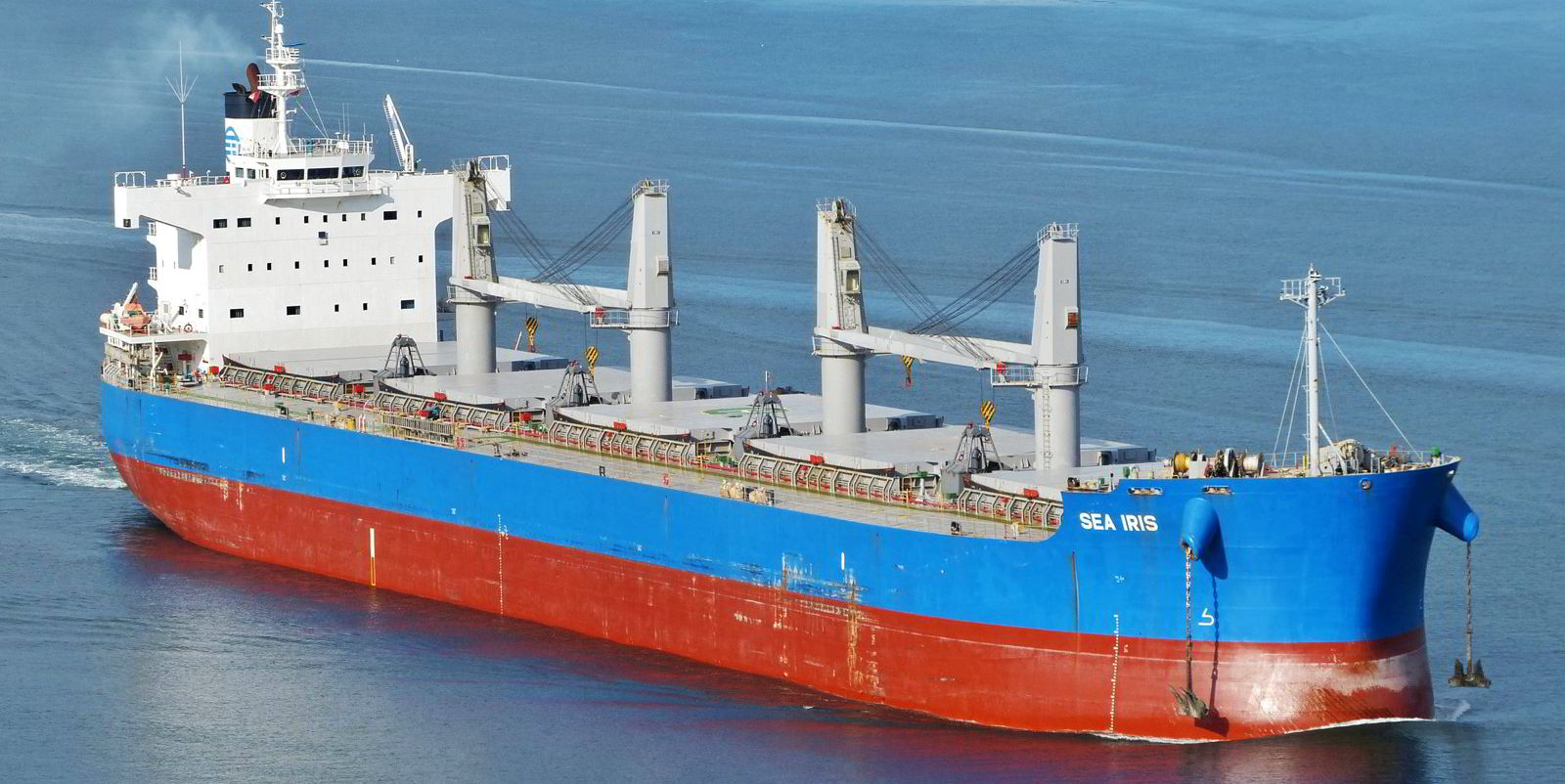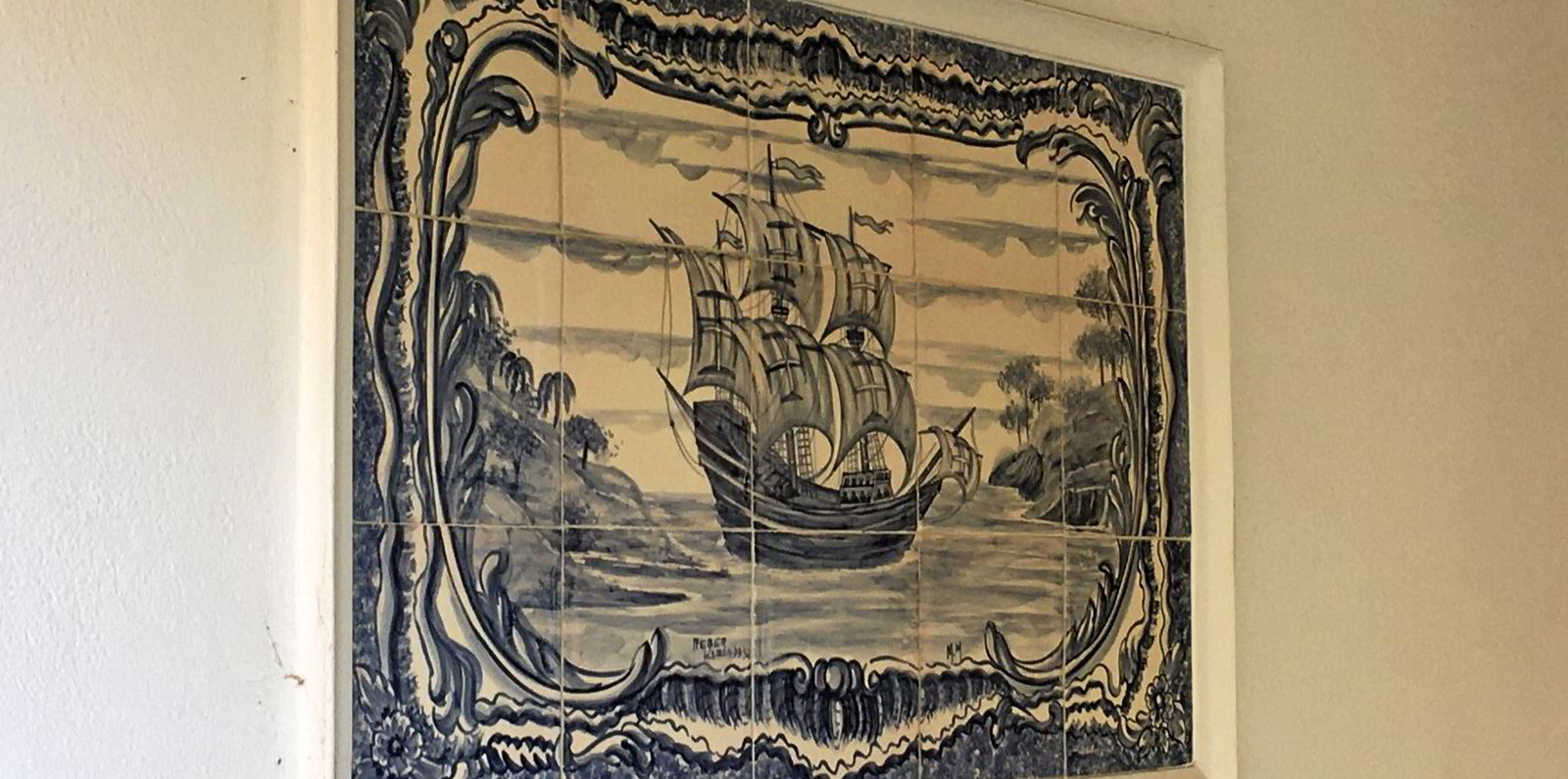The number of sale-and-purchase transactions dropped last year, but resurgent bulker and boxship sectors saw deals increase.
Analysis by valuation platform VesselsValue shows deals were down nearly 11% compared with 2019, at 1,370 ships across major cargo types.
"Initially, Covid-19 greatly restricted the number of transactions that were able to take place, presenting issues for vessel inspection, crew changes and delivery," VesselsValue said.
But as the year progressed the market evolved, with the introduction of independent inspection reports, Covid-19 clauses in memorandums of agreement and a general increase in flexibility from buyers and sellers, the company added.
There was strong interest in secondhand bulkers as markets recovered later in the year.
The total spend on dry cargo vessels rose 14% last year from 2019.
VesselsValue said owners splashed $6.3bn on 598 of these ships, up from $5.5bn on 564 vessels the year before.
"The bulker market has shown healthy levels of transactions in the latter part of 2020," the company added.
"However, at the beginning of the year, Covid-19 stalled the number of vessels being sold, due to uncertainty in the market, difficulty of finalising deals and the prolonged period of low rates through the spring months."
The total was boosted by US owner Scorpio Bulkers deciding to sell its whole fleet to fund a move into the offshore wind sector.
Supramaxes led the way in 2020, with 80 vessels built between 2011 and 2015 sold, as well as 33 units built after 2016.
But bulker values have declined across the board, VesselsValue said.
The biggest shift occurred in the capesize sector, with 10-year-old capesizes plunging 22.4% year-on-year.
Tankers in sales slump
Tanker deals fell to 391 vessels worth $6.4bn, the report reveals. This compares to 553 sales and a total of $7bn in 2019.
"It has been an abnormal year for the tanker market with fluctuations taken to an unprecedented level," VesselsValue said.
Ship values rose as rates boomed in spring 2020 during the oil price war.
But the latter half of the year demonstrated an extended period of low earnings which meant values across the tanker sector fell.
Aframaxes suffered the most, with the value of a 10-year-old vessel dropping 31%.
Smaller tonnage has remained more stable as earnings were less volatile.
"The slump looks set to continue as the fleet has grown due to newbuild vessels delivered and lower scrapping, driven by the requirement for floating storage following the low oil prices," VesselsValue added.
A total of 182 boxships changed hands, against 162 in 2019. The spend increased to $2.9bn from $2.6bn.
Gas carriers saw sales decline to 51 vessels from 79 the year before. These were worth $2.3bn, versus $1.9bn in 2019.







